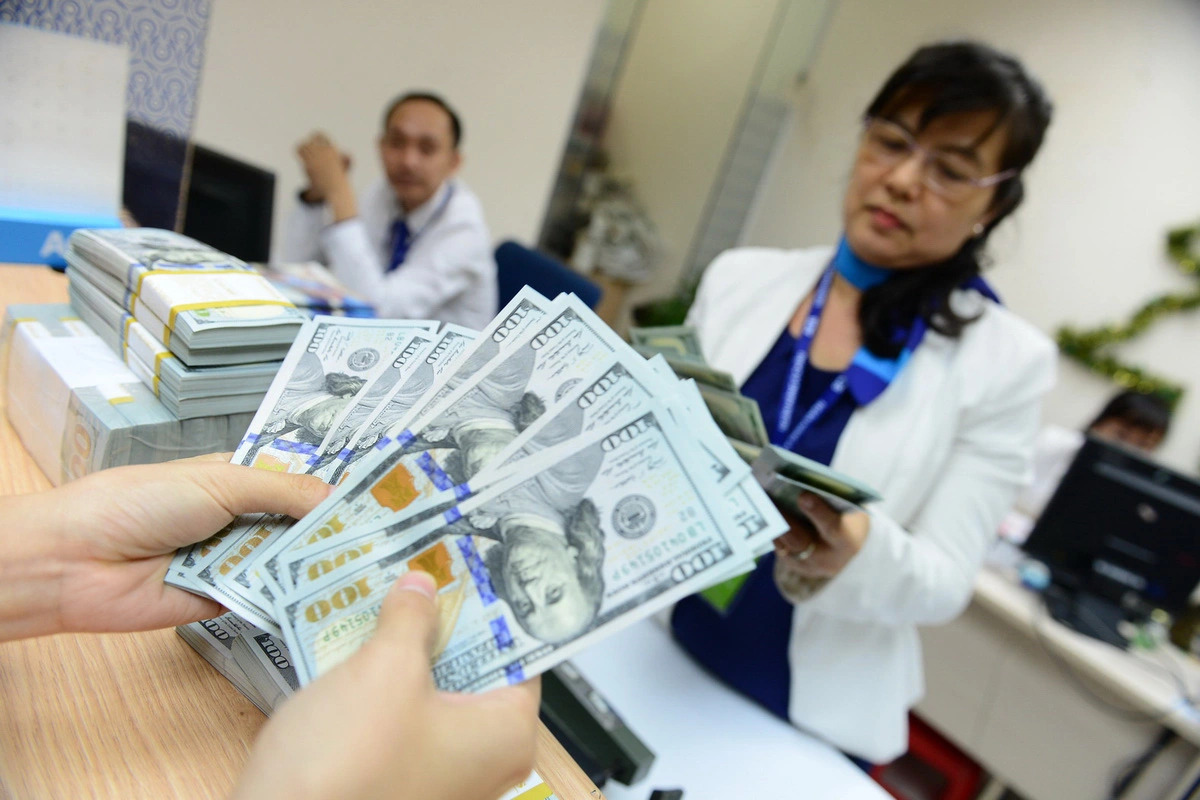Singapore-based United Overseas Bank (UOB) has revised its projection for Vietnam's 2025 economic growth to seven percent from 6.6 percent, based on strong momentum from 2024.
UOB announced the revised forecast in its latest report released last Thursday, after Vietnam achieved a GDP growth rate of 7.09 percent in 2024, higher than the year’s target of 6.5 percent and exceeding both market expectations of 6.7 percent and UOB’s earlier estimate of 5.2 percent.
In light of the strong momentum from 2024 and considering the risk and potential downside from further trade frictions from the new U.S. administration, UOB has raised its 2025 economic growth forecast for Vietnam to seven percent from 6.6.
The bank is expecting “positive developments from domestic drivers such as manufacturing, consumer spending, and tourism to contribute to activities, especially in the first half of the year.”
UOB also expects the new U.S. government to impose additional tariffs in "a more measured and paced manner," as outlined in the bank’s December 2024 Quarterly Global Outlook report.
Vietnam’s National Assembly has set a GDP growth target of 6.5-7 percent for 2025, while Prime Minister Pham Minh Chinh has recently called for efforts to achieve at least eight percent growth.
He emphasized the importance of accelerating public disbursement to improve infrastructure and attract greater investment. UOB, however, views the eight-percent target as "overly ambitious" given the current disciplined fiscal approach and the pace of public expenditure so far.
Despite this, the bank acknowledges the potential for the goal to be met under favorable conditions.
The bank noted that uncertainty in the trade outlook remains a significant risk for Vietnam in the second half of 2025, given the country’s increasing reliance on exports that reached a record high of over $400 billion in 2024, nearly matching Vietnam's nominal GDP of $450 billion.
With overall and core inflation staying below the official target of 4.5 percent for most of 2024, there has been a possibility for the State Bank of Vietnam (SBV) to ease its policy stance.
However, given the uncertainty ahead on the U.S. Federal Reserve's policy trajectory and geopolitical and trade tensions after U.S. President-elect Trump takes office, UOB expects the SBV to keep its main policy rate steady for now, with the refinancing rate held at 4.5 percent.
After weakening against the U.S. dollar since the late third quarter of 2024 amidst the heat of the U.S. presidential election, the Vietnamese dong ended 2024 at a record low of VND25,485 to the dollar, posting a five-percent drop in the full year and the third consecutive annual decline, the latest UOB report says.
According to UOB, the greenback is likely to further strengthen in the first half of 2025 “on the back of Donald Trump's return as U.S. president and the multitude of policy uncertainties that he will implement during his second administration from January 20.”
As the dong remains vulnerable to external factors such as the Fed policy, Trump’s tariff policy, and the Chinese yuan, it will likely continue losing against the greenback as the external headwinds are not likely to dissipate in the near term, UOB said.
“Overall, we pegged Vietnam dong-U.S. dollar forecasts at VND25,800 in the first quarter of this year, VND26,000 in the second quarter, VND26,200 in the third, and VND26,000 in the last quarter,” the bank said.
Several other international banks have recently announced their latest forecasts for Vietnam’s 2025 GDP growth, such as the World Bank at 6.5 percent, the Philippines-based Asian Development Bank at 6.6 percent, and the UK-based Standard Chartered at 6.7 percent.
Like us on Facebook or follow us on Twitter to get the latest news about Vietnam!



















































